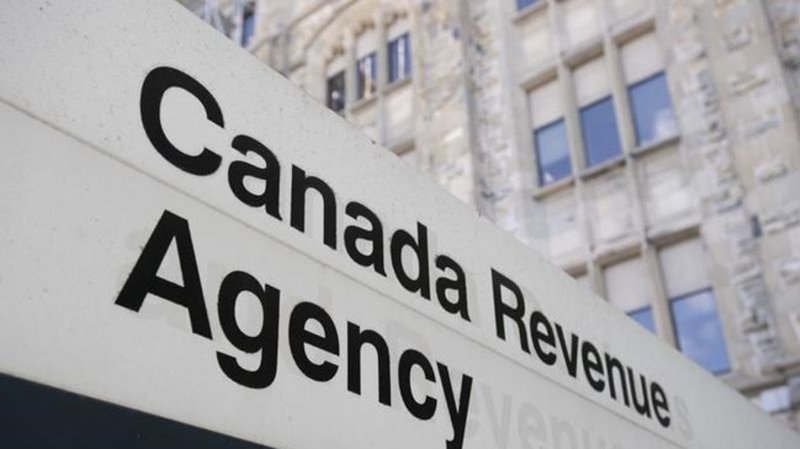
Muslim charity alleges systemic bias in bid to halt revenue agency’s ‘tainted’ audit
OTTAWA — A grassroots Muslim charity is pointing to internal Canada Revenue Agency documents in a bid to persuade an Ontario court that a long-running federal audit is fundamentally tainted by systemic bias and Islamophobia.
The Muslim Association of Canada wants the Ontario Superior Court of Justice to halt the revenue agency’s audit of the association on the grounds it violates Charter of Rights guarantees of equality and freedom of religion, expression and association.
Lawyers for the registered charity plan to argue at a hearing Tuesday that the audit, which began in 2015, discriminates against Muslims.
The federal government is asking that the case be dismissed, saying the revenue agency’s selection of the association for an audit and the subsequent examination do not infringe Charter rights.


